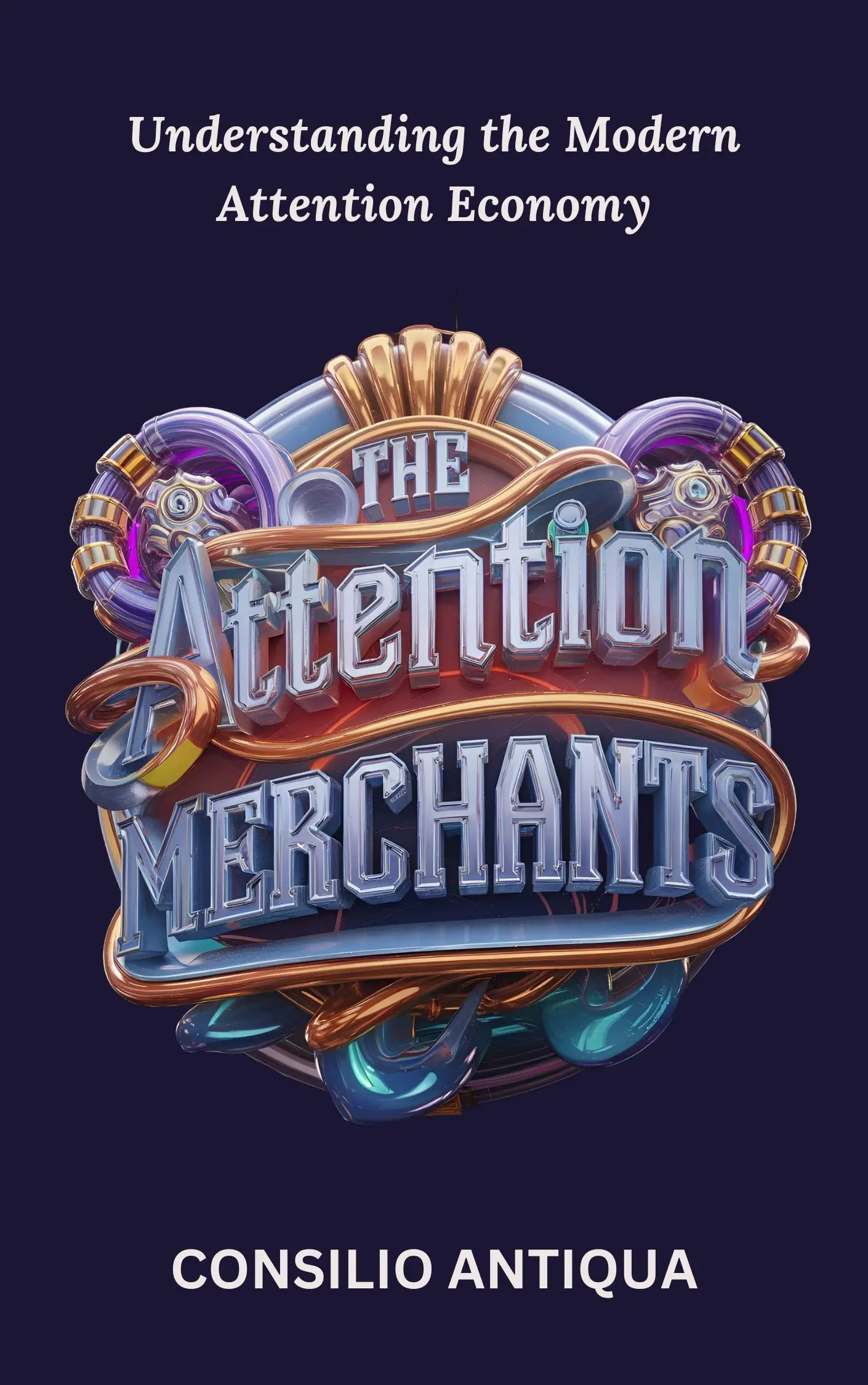
The Attention Merchants | Chapter 11. Digital Distractions and Their Impact
Chapter 11. Digital Distractions and Their Impact
Maria, a college student, sits down at her desk to write a research paper. Her laptop is open, the document ready, but her phone buzzes with a notification. A quick glance turns into five minutes scrolling through social media. Back to the paper, but another notification pops up – a news alert, then a text message. Maria's focus is fragmented, her train of thought derailed. Hours later, she's made little progress, feeling frustrated and overwhelmed.
Maria's struggle is a common experience in today's digital age. We live in an attention economy, where our focus is a valuable commodity. Tech companies, advertisers, and media outlets compete fiercely for every moment of our awareness. Social media algorithms are designed to keep us scrolling, newsfeeds constantly refresh with updates, and notifications beckon us to check our phones every few minutes. This constant barrage of information and stimuli can make it incredibly difficult to maintain focus and be productive.
We often hear about the benefits of multitasking, the ability to juggle multiple tasks simultaneously. However, research paints a different picture. Studies show that our brains aren't wired for true multitasking. When we switch between tasks, we incur a cognitive switching cost, losing time and mental energy in the process. This constant task-switching can lead to decreased performance, increased errors, and a sense of mental fatigue.
Think of David, a novelist working on his latest chapter. Just as he's immersed in the story, an email notification pops up. He checks it quickly, then another, and another. By the time he returns to his writing, the flow is gone, the creative spark extinguished. Or consider Anya, a software developer, trying to debug a complex piece of code. Every few minutes, a social media alert flashes on her screen, pulling her away from the task at hand. The constant interruptions make it difficult to concentrate, slowing down her progress and increasing the likelihood of errors.
The impact of digital distractions extends beyond productivity. Constant exposure to information overload can take a toll on our mental and emotional well-being. We may feel overwhelmed, anxious, and stressed. Our attention spans can shorten, making it harder to focus on complex tasks or engage in deep thinking. Imagine Emily, constantly bombarded with news updates and social media posts. She feels a sense of urgency to stay informed, but the constant stream of information leaves her feeling drained and anxious. She struggles to disconnect at the end of the day, her mind racing with thoughts and worries.
The ripple effects of digital distractions also reach our relationships and social interactions. Think of James and Lisa, a couple out for a romantic dinner. Throughout the meal, their phones buzz with notifications. They steal glances at their screens, respond to messages, and scroll through social media. The constant interruptions create a barrier between them, hindering their ability to connect and enjoy each other's company. Or consider the Thompson family, gathered for dinner. Each family member is engrossed in their own device, scrolling through feeds, playing games, or texting friends. The dinner table, once a place for conversation and connection, becomes a silent zone of individual digital engagement.
So, how can we reclaim our focus and navigate this attention economy more effectively? The first step is awareness. Pay attention to your own digital habits. What are your biggest distraction triggers? When are you most likely to get sucked into your phone or computer? Once you're aware of your patterns, you can start to develop strategies for managing them.
Mindful technology use is a powerful approach. It involves being intentional about how and when you engage with technology. Set boundaries for yourself. Designate specific times for checking email and social media, rather than constantly reacting to notifications. Create distraction-free workspaces by turning off your phone or using website blockers to limit access to tempting websites.
Taking regular breaks is also crucial. Our brains need time to rest and recharge. Step away from your screens every hour or so, even for just a few minutes. Go for a walk, stretch, or simply close your eyes and take a few deep breaths. These short breaks can help you return to your work with renewed focus and energy.
For tasks that require deep concentration, consider cultivating a practice of deep work. This involves setting aside dedicated blocks of time for focused work, free from distractions. Find a quiet space, turn off notifications, and immerse yourself in the task at hand. You may be surprised by how much more you can accomplish when you eliminate distractions and allow yourself to fully concentrate.
Ultimately, navigating the attention economy is about making conscious choices. Understand the forces at play, recognize your own vulnerabilities, and develop strategies to protect your focus. By being mindful of our digital habits and actively choosing how we engage with technology, we can reclaim our attention and create a more fulfilling and productive life.
